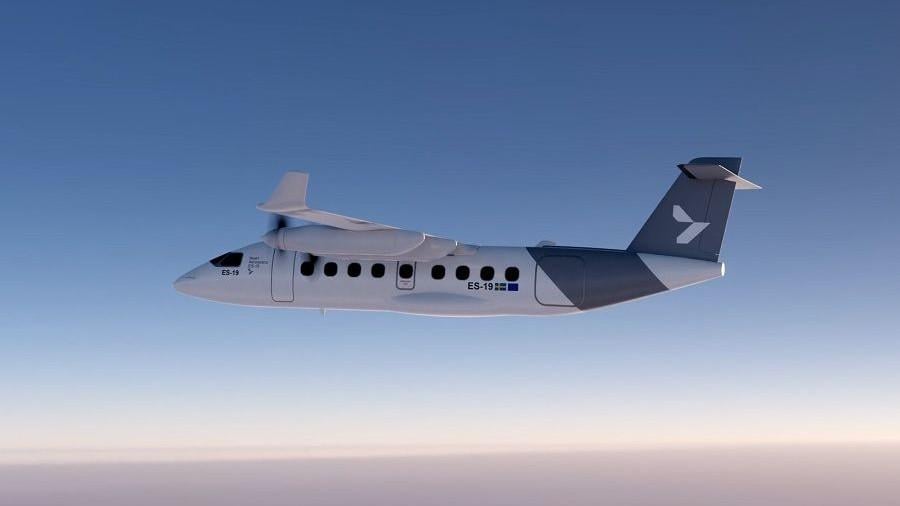
In the past week, two European flag carriers have signalled their commitment to alternative aircraft technologies.
First was Finnair, which signed a letter of intent for up to 20 of Heart Aerospace 19-seat electric aircraft, which is under development within a schedule that envisages commercial introduction in 2026.
“Finnair believes electric aviation will be one of the tools for the future of flying. It will help to promote responsible and sustainable aviation especially on short routes, in an era where climate change will increasingly dominate the agenda,” said Anne Larilahti, Finnair vice-president of sustainability,
A few days later, British Airways said it had joined a group of corporate and venture capital investors in a $24.3 million funding round for Zeroavia, which aims to put a 10-20-seat hydrogen-electric aircraft into service by 2024.
“Innovative zero emissions technology is advancing fast and we support the development of hydrogen as an alternative fuel source because we believe it has the potential to enable us to reach true zero emissions on short-haul routes by 2050,“ said Sean Doyle, chief executive of British Airways.
While these are positive signs, such moves are often viewed as a marketing gimmick by airlines rather than as a serious effort to cut their carbon emissions.
For one thing, both aircraft are about four times smaller than the smallest aircraft both airlines currently operate, raising questions about how effectively and efficiently they can be deployed across bigger networks
Also, their range of about 500km is firmly within that of rail connections.
On the other hand, even though the small electric and hydrogen aircraft planned for this decade will barely dent big airlines overall emissions, they will serve as a useful rung on the ladder to bigger aircraft.
Zeroavia, for example, is aiming for a 100-seat aircraft by 2030, and its development of smaller aircraft will tell it much about the viability of that ambition.





